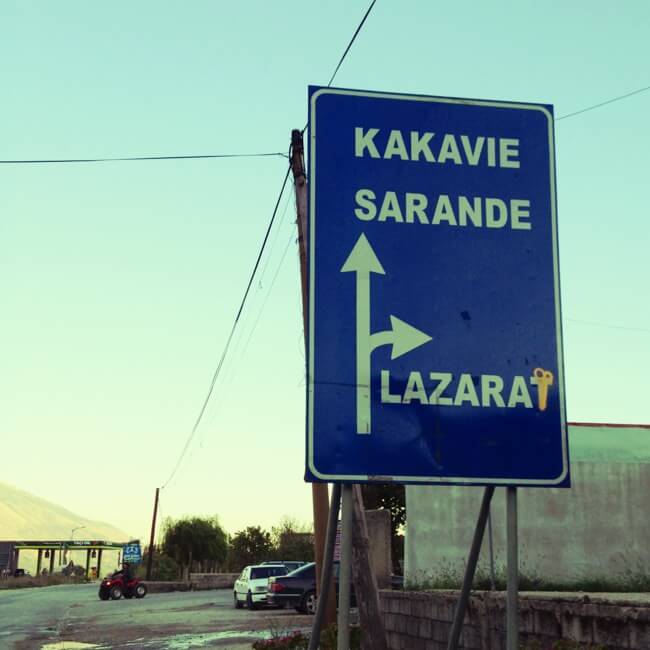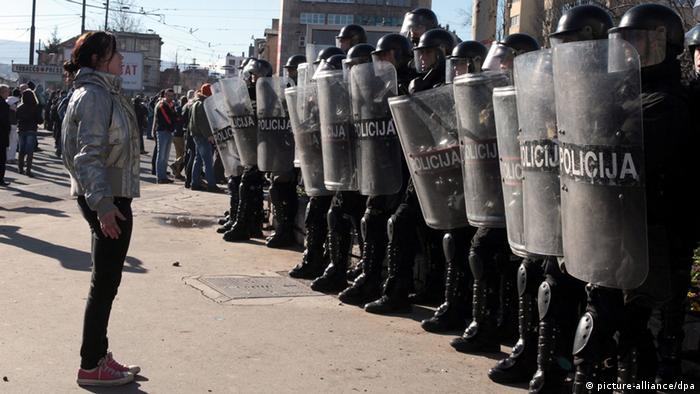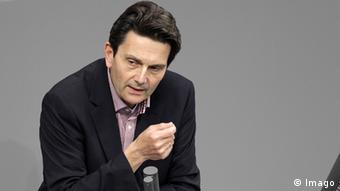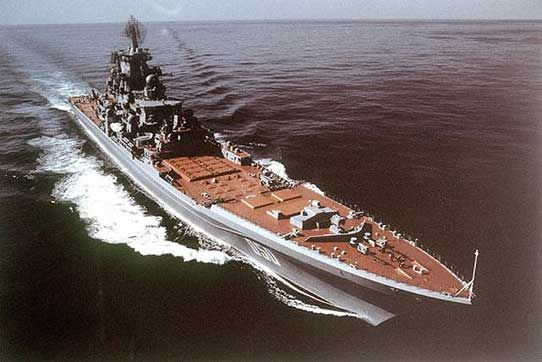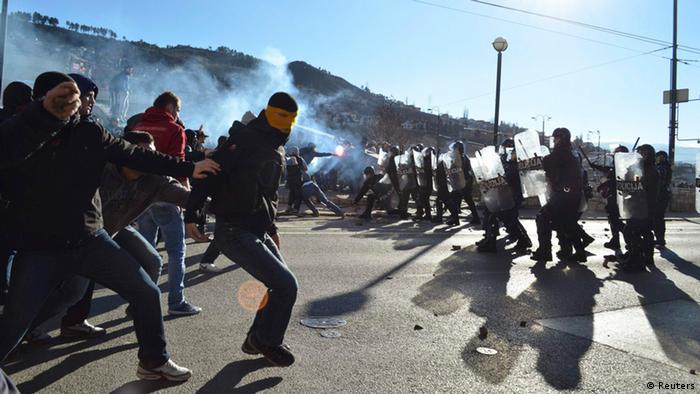UN Security Council on new Kosovo report
Source: Tanjug
NEW YORK -- PM Ivica Dačić has said that any debate
referring to potential change in the scope and mandate of EULEX should
not bypass the UN Security Council.
This
is "having in mind that UN serves as an umbrella organization for the
international presence in Kosovo and Metohija," he said during a meeting
to discuss UN chief Ban Ki-moon's regular report on Kosovo, held at UN
Headquarters in New York.
"I believe that today's meeting is
the right opportunity for us to initiate talks on a reconfiguration of
EULEX, as UNCS is the only adequate forum for an agreement on changes at
Kosovo and Metohija that will lead to a permanent and stable progress
in the field," Dačić told members of the UN Security Council.
He stressed that the elections in northern Kosovska Mitrovica will be
held and that a mayor will be elected, although the murder and the
arrests of mayoral candidates contribute to the atmosphere of fear and
insecurity.
After the mayor is elected, formation of the
community of Serb municipalities (ZSO) will commence and the drafting of
its statute is already underway, added Dačić.
Dačić warned
that Priština did not prepare the legal framework for an effective
realization of authorities of the future ZSO as envisaged in the
Brussels agreement, and is not showing the political will to implement
that part of the agreement.
Kosovo Prime Minister Hashim Thaci
assessed the situation as much more positive, and noted that significant
progress has been made in Kosovo over the past three months, citing as
examples the holding of municipal elections across the entire territory
for the first time, formation of local municipalities in the north, the
EU integration process and the results of normalization of
Belgrade-Priština relations.
Head of UNMIK Farid Zarif
underlined that major progress has been achieved through the Brussels
agreement, adding that new steps should now be encouraged. This is the
year of great changes and political progress, especially related to the
historical document signed in April, Zarif said via video link from
Priština, noting that the Brussels agreement strengthens the confidence
and communication in the field.
Ambassadors of UNSC member
states voiced different opinions on the situation. Russia's Ambassador
Vitaly Churkin stressed that his country supports the sovereignty and
territorial integrity of Serbia, while U.S. Ambassador Samantha Power
welcomed the recognition of Kosovo's independence by more than one
hundred states.
The U.S. representative congratulated Kosovo on
successful holding of the second round of local elections, and
supported the continuation of dialogue between ethnic communities.
The Russian ambassador said that he shares the concern expressed by
outgoing Prime Minister Ivica Dačić regarding the position of Serbs in
Kosovo and Metohija, and reiterated his country's support to the
sovereignty and territorial integrity of Serbia. Churkin added that UN
Security Council Resolution 1244 is tied to the legal solution of the
Kosovo issue and that Russia opposes the diminishing of UNMIK's role.
Russia pointed to the need to protect the minorities in Kosovo and
Metohija, while the U.S. called for the normalization of relations
between Serbia and Kosovo.
Ambassadors of the U.S. Samantha
Power and United Kingdom Sir Mark Lyall Grant also proposed to lengthen
the period between the UNSC meetings on Kosovo, which would allow more
time for the two sides to negotiate.
China's representative Li
Baodong pointed out that UNCS Resolution should remain the legal
foundation for a solution acceptable for both sides, and encouraged
Belgrade and Priština to continue their practical and constructive
dialogue, strengthening the results achieved so far and contributing to
the peace and stability in the Balkans and the wider region.
The progress in the dialogue and the need to implement the achieved
agreements were also stressed by other ambassadors of member states of
the most powerful UN body.
The UNSC meeting included
presentation of the regular three-month report on the situation in
Kosovo and Metohija by UN Secretary General Ban Ki-moon and Head of the
EULEX Mission Bernd Borhart.








